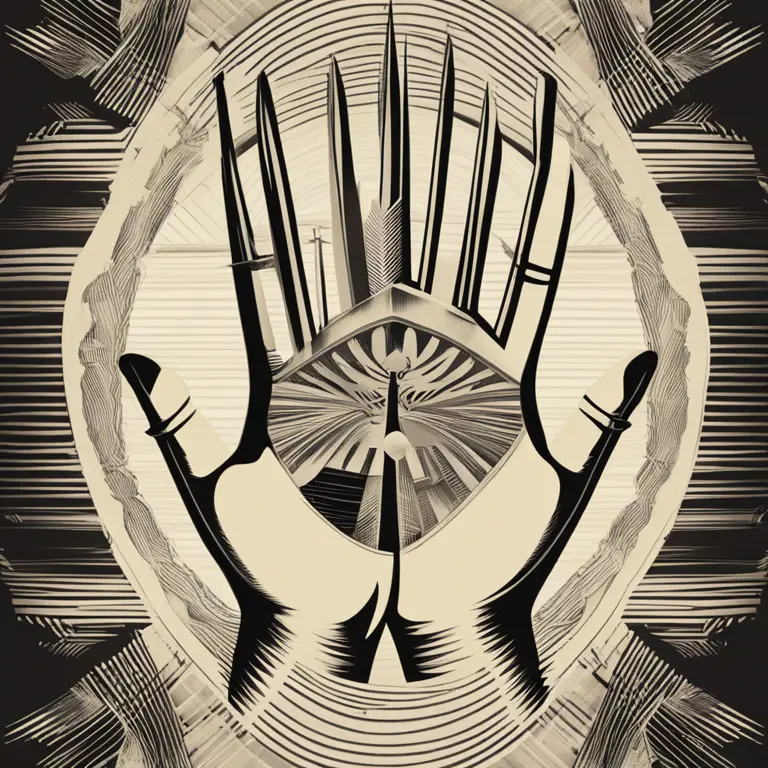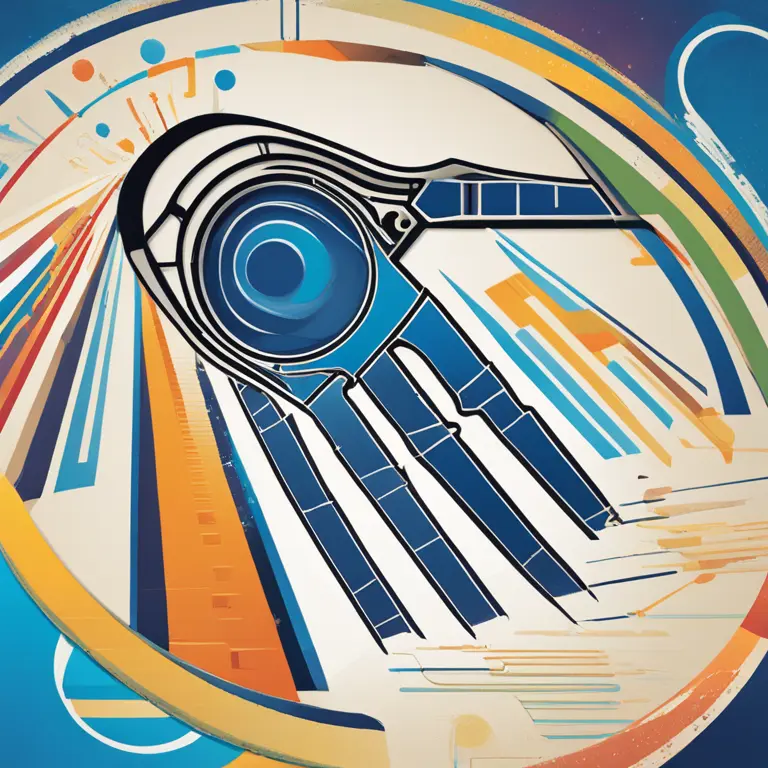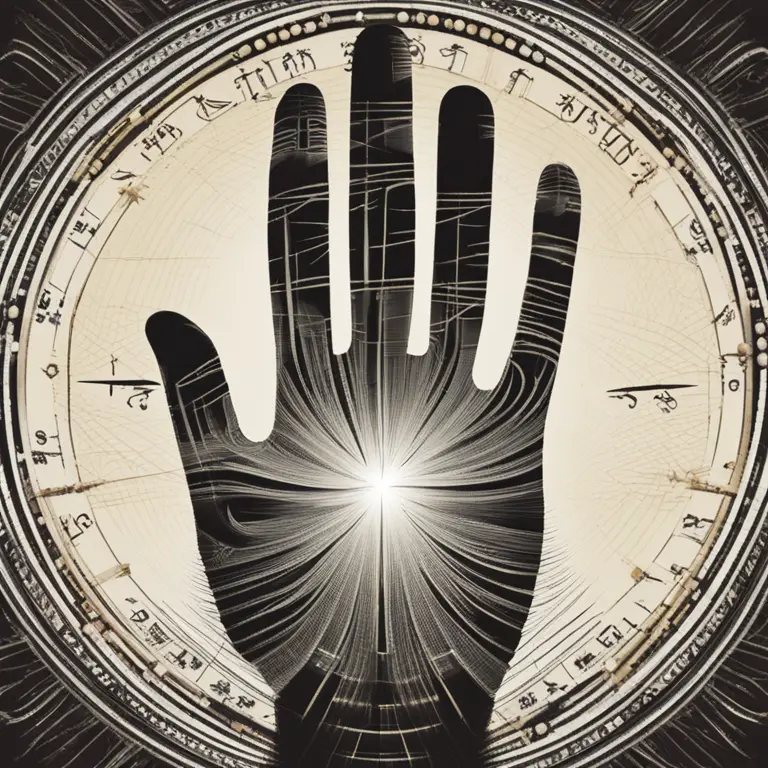
Palmistry Guide: Which Hand to Read?
Discover which hand to use for an accurate palmistry reading in this succinct guide tailored to the art and science of palm reading.
article by Nora Pennington
Introduction to Palmistry
Palmistry, the ancient practice of interpreting the lines and features of the hands, has intrigued humanity for centuries. This art form provides insights into an individual's character traits, life paths and potential outcomes. As we delve into the nuances of palm reading in the modern context, a common question arises: which hand should we observe for the most accurate reading? In this article, we'll guide you through the prevailing wisdom of palmists to offer clarity on this topic.

Primary Hand for Palm Reading
Centuries of tradition point to the dominant hand, which is the one used for writing and performing tasks, as the primary source for palmistry analysis. The rationale is that the dominant hand is more active in life, thus it's continuously shaped by our experiences and actions. Reflective of conscious decisions, achievements, and obstacles overcome, the lines and features may subtly change as we grow, revealing a dynamic narrative of our lives.

The Non-Dominant Hand's Significance
Conversely, the non-dominant hand is often seen as the blueprint of our potential; it represents our innate traits, abilities, and challenges. Palmists suggest that this hand carries the marks of predestined factors and latent talents. An analysis of the non-dominant hand might offer insights into areas of life that aren't fully actualized or indicate possibilities waiting to be awakened.

Recent Trends in Palmistry
As we progress into 2024 and beyond, palmistry has embraced a multidimensional approach. Contemporary palmists often look at both hands to provide a more comprehensive reading. In doing so, they compare and contrast the hands to understand how a person has developed from their inherent potential (non-dominant hand) to their present self, manifested in their actions and choices (dominant hand).

Gender Considerations and Palmistry
It's worth noting that some traditions recommend starting with the right hand for men and the left for women, regardless of which is dominant. This notion is now considered outdated by many modern palmists, who argue for a more egalitarian approach, prioritizing the dominant hand irrespective of gender, reflecting a shift towards personal agency in readings.
The Impact of Technology on Palm Readings
The digital age has changed the landscape of palmistry, with various software and applications offering instant readings based on scanned images of palms. However, seasoned palmists remind us that these tools should not replace the human touch in palmistry, as intuition and experience play crucial roles in interpreting the myriad of subtle lines and shapes on one's hand.
Final Considerations for Aspirants of Palmistry
When seeking a palmistry reading, it is essential to approach a skilled reader who will examine both hands for a holistic understanding. Whether you're a newcomer or a palmistry enthusiast, knowing which hand to read is just the beginning. Embrace the interplay of both hands to fully uncover the rich tapestry of your life's journey through the timeless art of palm reading.
Published: 1/11/2024
Modified: 1/12/2024
More predictions
Come back here soon to learn more about yourself and your future


Can Palmistry Predict Your Path Incorrectly?
Delving into the accuracy of palm readings, this article examines whether palmistry can lead to incorrect predictions about one's life and destiny.


The Ancient Art of Vedic Palmistry
Discover the ancient art of Vedic Palmistry and its practice in the modern era, revealing the secrets held within the lines of the hand.


Palmistry Basics: How to Read Your Hand's Secrets
Learn the basics of palmistry with this guide on how to read the lines and shapes of your hands to reveal insights about your personality and future.